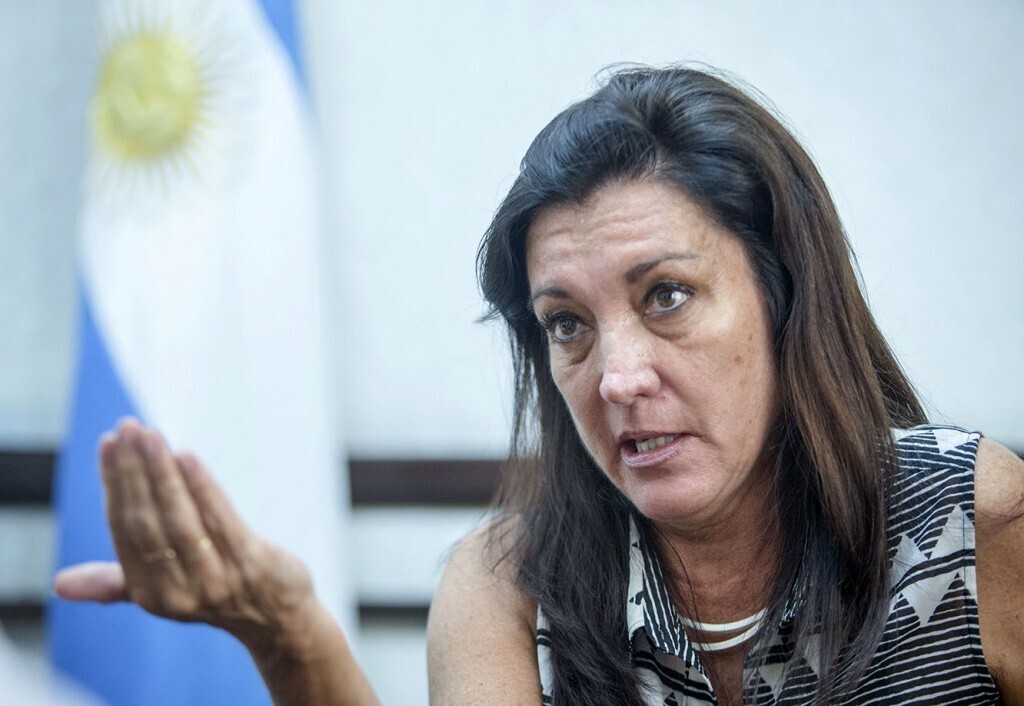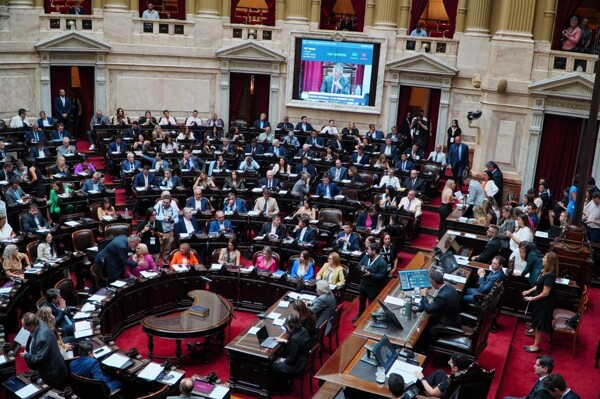
The Chamber of Deputies approved a bill that amends the Federal Criminal Procedure Code to eliminate the "revolving door" of criminals in Justice. The proposal was approved with 138 votes in favor, 94 against, and 1 abstention, and will be sent to the Senate for final approval.
According to the project, to consider a criminal as a recidivist, it is necessary that they have been convicted of two or more crimes with a final sentence. It also establishes that a conviction received abroad will be taken into account to determine recidivism if the crime is subject to extradition according to Argentine law.
Deputy Martín Soria of the Popular Union expressed his block's rejection of the project, arguing that replacing the presumption of innocence of citizens with a presumption by a judge regarding the possible commission of future crimes is unacceptable. For her part, radical deputy Pamela Verasay supported the initiative, highlighting Mendoza's pioneering role in security and justice administration reforms.
Article 17 of the Criminal Procedure Code would be reformed to allow restrictive measures on freedom to be based on flight risk, obstruction of the investigation, or criminal recidivism. Additionally, the possibility of adding sentences from different courts up to a maximum of 50 years in prison is contemplated, excluding from the calculation of the criminal record sentences imposed for crimes committed by minors under 18 years or amnesties.
Deputy Nicolás del Caño from the Left rejected the project, arguing that it reinforces the repressive apparatus without addressing the underlying problem. In contrast, the president of the Penal Legislation, Laura Rodriguez Machado, who led the debate, assured that the law will end impunity and the presence of criminals on the streets, setting an example for other provinces and nationally.
The discussion takes place in a context of increasing insecurity and controversy between President Javier Milei and Buenos Aires Governor Axel Kicillof. The proposal aims that, in case someone is prosecuted and commits a new crime, they will be detained to avoid the so-called "revolving door" in Justice.














